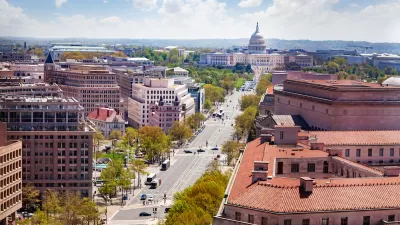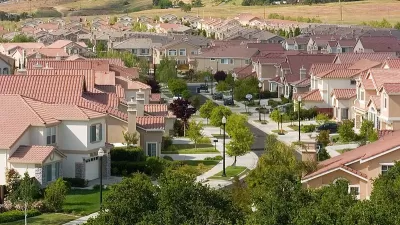The recently released U.S. States Open Data Census discovered that the overwhelming majority of states have a lot of work to do in opening their data to the public.
Sarah Schacht shares insights into the recently completed U.S. States Open Data Census, which "benchmarked states' efforts while enlisting an open assessment process to encourage improvement." U.S. Open Data launched the census early in 2015, concluding in February 2016. During the process, states were allowed "to improve their results as the census looked into their open data initiatives."
Schacht interviewed Waldo Jaquith, U.S. Open Data's executive director, for the article, to get his insight both into the creation of the census as well as the results. Jaquith describes the process as overwhelmingly depressing, due to the lack of transparency and territorialism encountered during the process. Two states, however, stick out in Jaquith as exemplary in their treatment of open data and the census process: Connecticut and Washington.
The article also includes insight from Tyler Kleykamp, chief data officer for Connecticut, and Will Saunders, open data program manager for Washington.
To get an idea of how states' efforts compare to the open data work of cities, check out the U.S. City Open Data Census.
FULL STORY: Open Data Census Provides a To-Do List for States

Planetizen Federal Action Tracker
A weekly monitor of how Trump’s orders and actions are impacting planners and planning in America.

Chicago’s Ghost Rails
Just beneath the surface of the modern city lie the remnants of its expansive early 20th-century streetcar system.

San Antonio and Austin are Fusing Into one Massive Megaregion
The region spanning the two central Texas cities is growing fast, posing challenges for local infrastructure and water supplies.

Since Zion's Shuttles Went Electric “The Smog is Gone”
Visitors to Zion National Park can enjoy the canyon via the nation’s first fully electric park shuttle system.

Trump Distributing DOT Safety Funds at 1/10 Rate of Biden
Funds for Safe Streets and other transportation safety and equity programs are being held up by administrative reviews and conflicts with the Trump administration’s priorities.

German Cities Subsidize Taxis for Women Amid Wave of Violence
Free or low-cost taxi rides can help women navigate cities more safely, but critics say the programs don't address the root causes of violence against women.
Urban Design for Planners 1: Software Tools
This six-course series explores essential urban design concepts using open source software and equips planners with the tools they need to participate fully in the urban design process.
Planning for Universal Design
Learn the tools for implementing Universal Design in planning regulations.
planning NEXT
Appalachian Highlands Housing Partners
Mpact (founded as Rail~Volution)
City of Camden Redevelopment Agency
City of Astoria
City of Portland
City of Laramie





























